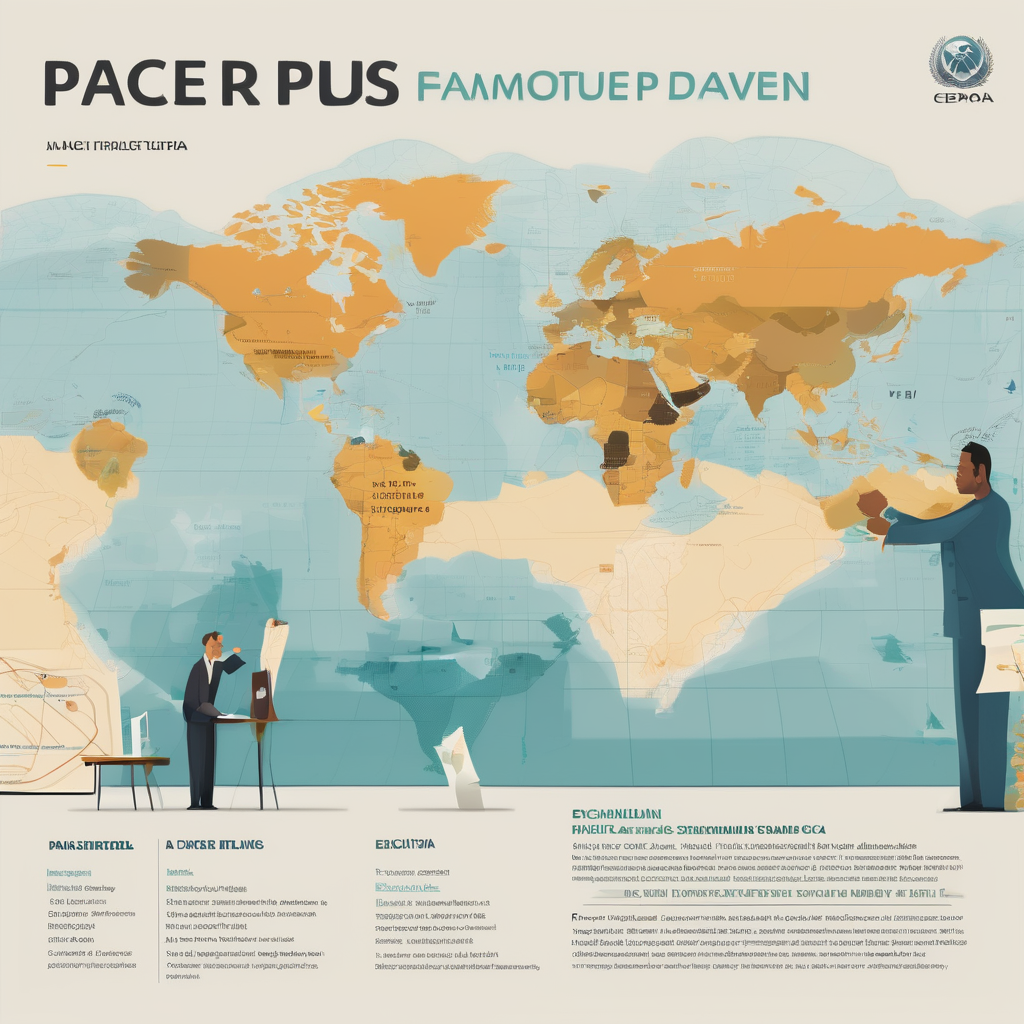Prime Minister Christopher Luxon reaffirmed New Zealand’s commitment to enhancing regional trade through the Pacific Agreement on Closer Economic Relations Plus (PACER Plus) despite ongoing dissent from Papua New Guinea (PNG) regarding its participation. In an interview on Pacific Mornings, Luxon emphasized that PACER Plus is effectively fostering trade relations among its member countries, even as PNG has expressed concerns that the agreement does not adequately serve its interests.
Luxon highlighted the benefits of participating in such trade agreements, stating, “We know from our own experience as a small country that being part of those big trading agreements where the vast majority of our trade is now delivered and done is actually a really good thing.” PACER Plus aims to reduce trade barriers, enhance access to significant markets like Australia and New Zealand, and promote trade within the Pacific region through key commitments in services such as tourism, digital trade, and transportation.
The agreement, which encompasses Australia, Cook Islands, Kiribati, New Zealand, Niue, Samoa, Solomon Islands, Tonga, Tuvalu, and Vanuatu, took effect in 2021. However, two of the largest economies in the region, Fiji and PNG, have opted not to sign the agreement. PNG’s Trade Minister Richard Maru has called on New Zealand to pursue negotiations for a bilateral Comprehensive Economic Partnership Agreement (CEPA) that he believes would better align with PNG’s unique economic needs and aspirations. Maru articulated that “after 50 years of diplomatic relations… it’s time to reset the relationship and elevate it to the next level.”
In response, Prime Minister Luxon indicated openness to revisiting the terms of PACER Plus but asserted that the current framework already reflects the priorities of the Pacific nations. He expressed confidence that countries involved in the agreement are obtaining tangible benefits, connecting this back to New Zealand’s own trade success through participation in international agreements.
The dialogue between New Zealand and PNG underscores ongoing efforts to strengthen economic ties and address regional trade dynamics. As both nations seek to adapt to changing economic landscapes, the emphasis remains on collaborative and beneficial partnerships that can yield practical results across the Pacific region. The pursuit of tailored agreements such as a CEPA may provide pathways to enhance economic cooperation, labor mobility, and the fulfillment of development goals for Pacific nations.
